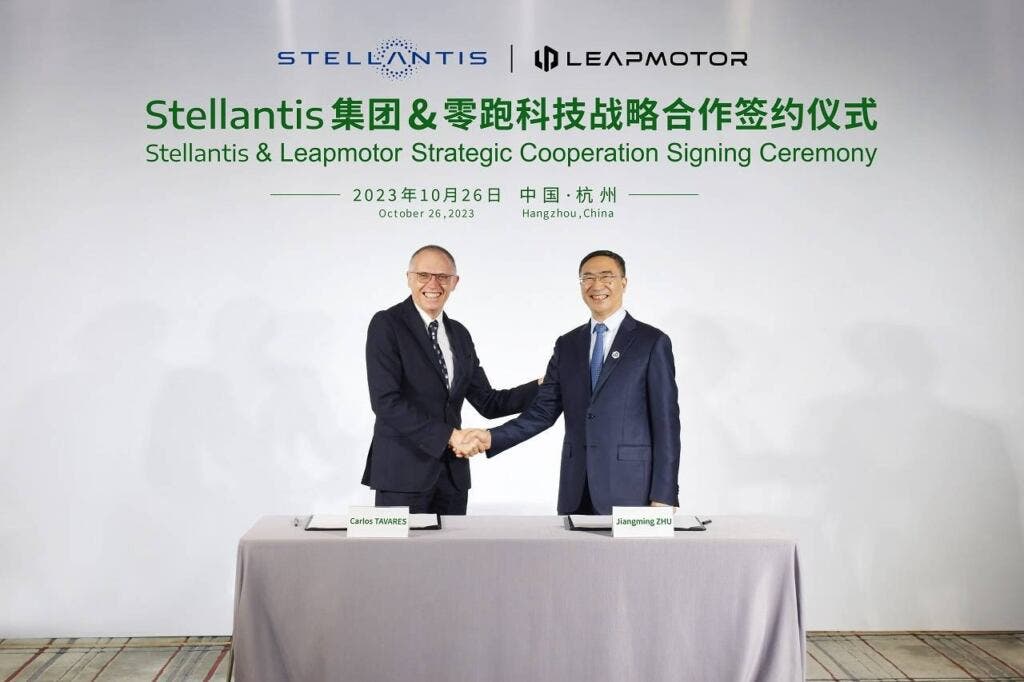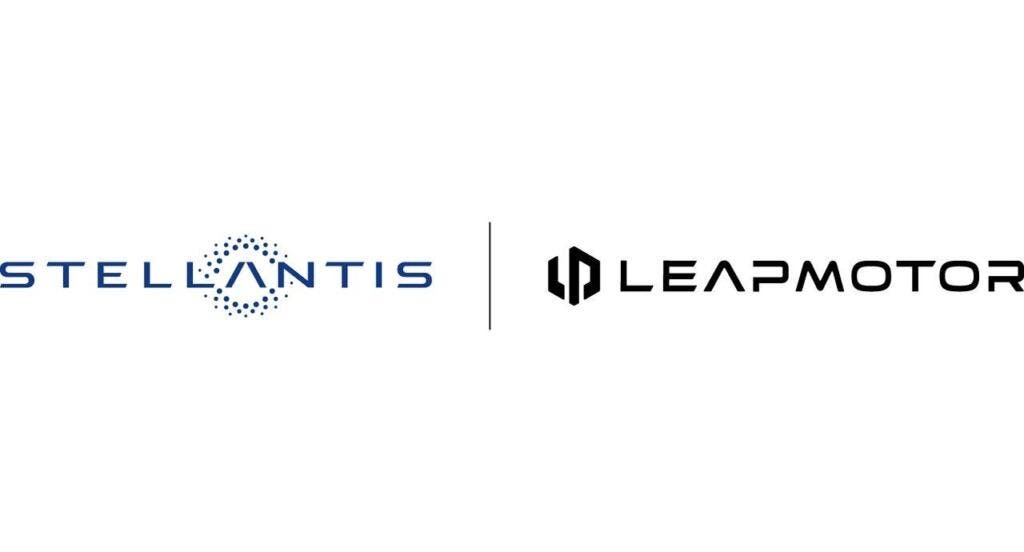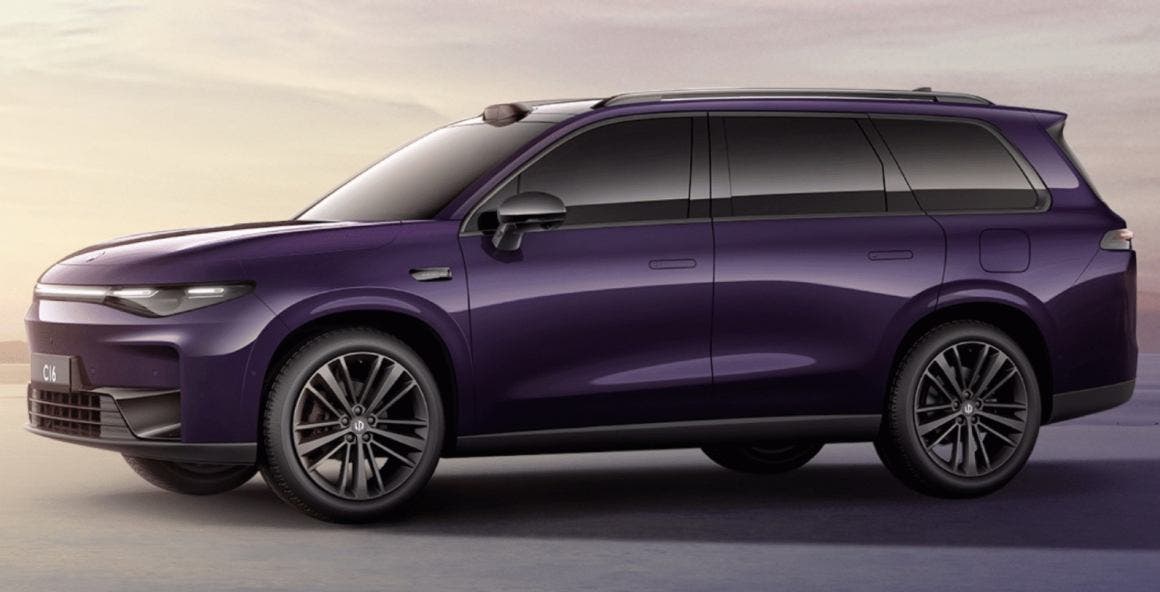Leapmotor and Stellantis could further expand their partnership by selling electric vehicles in India. The two companies have unveiled details of the new C16 electric SUV. This model is expected to be one of the vehicles that will also be sold in India. The companies have applied for a sales license to the Chinese Ministry of Industry and Information Technology (MIIT).
Leapmotor will partner with Stellantis to sell electric cars in India

Leapmotor and Stellantis plan to sell electric vehicles globally. India, as we know, has become a primary market for electric vehicles since introducing a new policy to incentivize their sale. This policy makes it easier for companies that want to import electric vehicles into the country.
DigitTimes Asia has reported that Leapmotor and Stellantis could face some challenges in trying to enter the Indian market, as the country is cautious about investments from China. However, the path seems feasible and apparently the automotive group led by Carlos Tavares believes that this could be the right solution to increase the sale of electric cars in India in the coming years.
According to a Times of India report, the partnership with Stellantis has boosted Leapmotor’s confidence in venturing into India automotive market, despite the stringent regulations governing investments from countries bordering the country. While Stellantis has not officially commented on Leapmotor’s potential India entry, sources indicate that the move could involve the introduction of low-cost electric cars, further intensifying competition in the zero-emission vehicle segment.

The early announcement of Leapmotor’s plans for India in collaboration with Stellantis in the coming weeks signals a significant development in the Indian electric vehicle market. Meanwhile, after crossing the 100,000-unit mark in March, electric vehicle registrations in the country fell to 64,013 units in April, the lowest in eight months.
